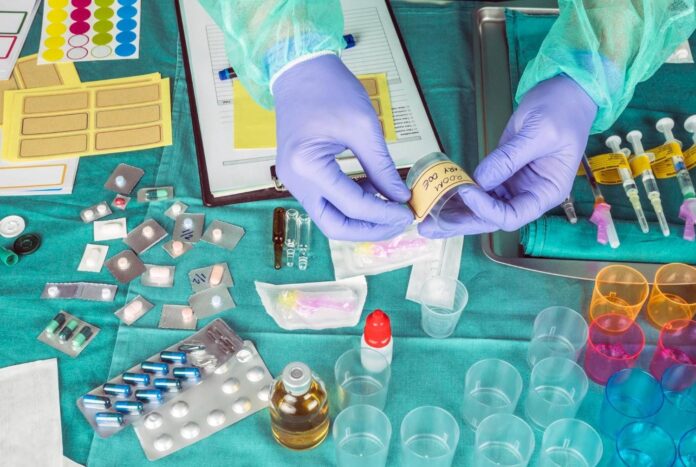Kent’s School of Biosciences researchers have found a new way to fight drug-resistant bacteria. Instead of creating new antibiotics, they looked at existing drugs that might work.
They found that several steroid medications used in hormone replacement therapy (HRT) can kill MRSA and prevent the growth of E. Coli, which is resistant to antibiotics. These steroids target cytochrome bd, a protein complex essential to the survival of many pathogenic bacteria.
According to this research, steroids may be a valuable substitute for conventional antibiotics, which are becoming less efficient against microorganisms that have developed resistance.
Dr. Mark Shepherd, Reader in Microbial Biochemistry at Kent and the corresponding author on the paper, said, “These exciting developments will help to advance research into new antimicrobials, and we are enthusiastic about using our powerful experimental approach to discover drugs that can target other bacterial proteins and combat a wide range of antibiotic-resistant infections.”
The research indicates that hormone therapy-related steroid medications can combat microorganisms resistant to conventional antibiotics. Using existing medications in novel ways might be quicker and less expensive than producing new ones.
This research may strengthen the capacity to address the problem of antibiotic resistance. By comprehending how these steroid drugs destroy germs, novel treatments for infections brought on by resistant bacteria may be possible.
Journal reference:
- Samantha A Henry, Calum M Webster et al., Steroid Drugs Inhibit Bacterial Respiratory Oxidases and Are Lethal Toward Methicillin-Resistant Staphylococcus aureus. The Journal of Infectious Disease. DOI: 10.1093/infdis/jiad540.
